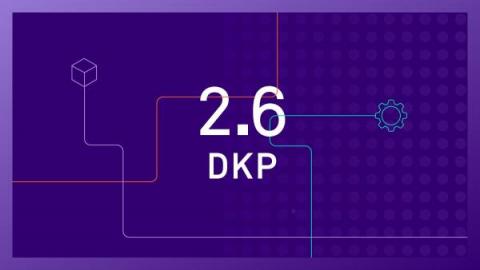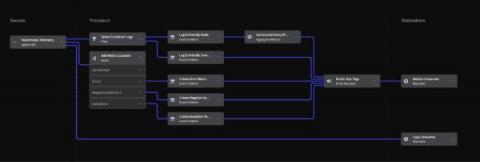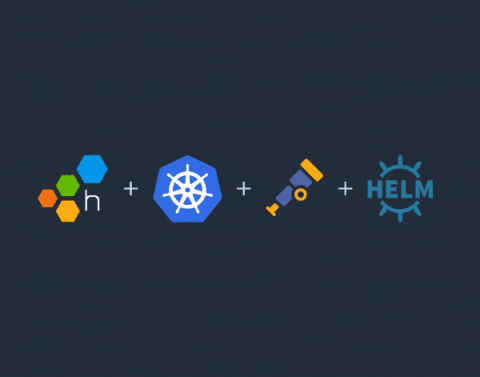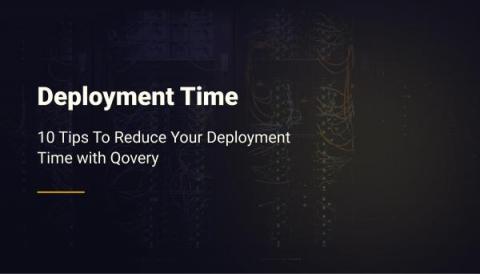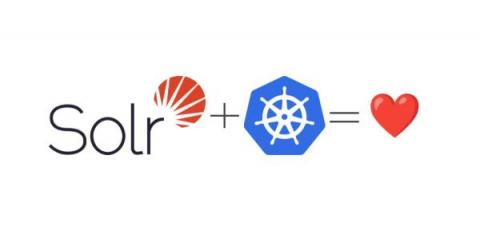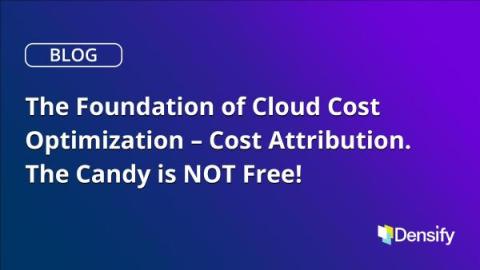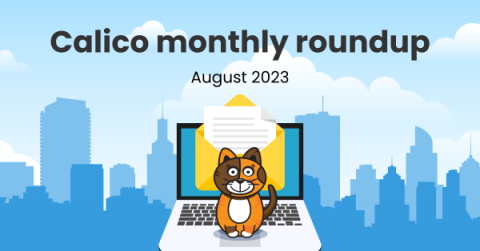DKP 2.6 Features New AI Navigator to Bridge the Kubernetes Skills Gap
The latest release of the D2iQ Kubernetes Platform (DKP) represents yet another significant boost to DKP’s multi-cloud and multi-cluster management capabilities. D2iQ Kubernetes Platform (DKP) 2.6 features the new DKP AI Navigator, an AI assistant that enables DevOps to more easily manage Kubernetes environments. As Forbes noted in Addressing the Kubernetes Skills Gap, “The Kubernetes skills shortage is impacting companies across sectors.”


